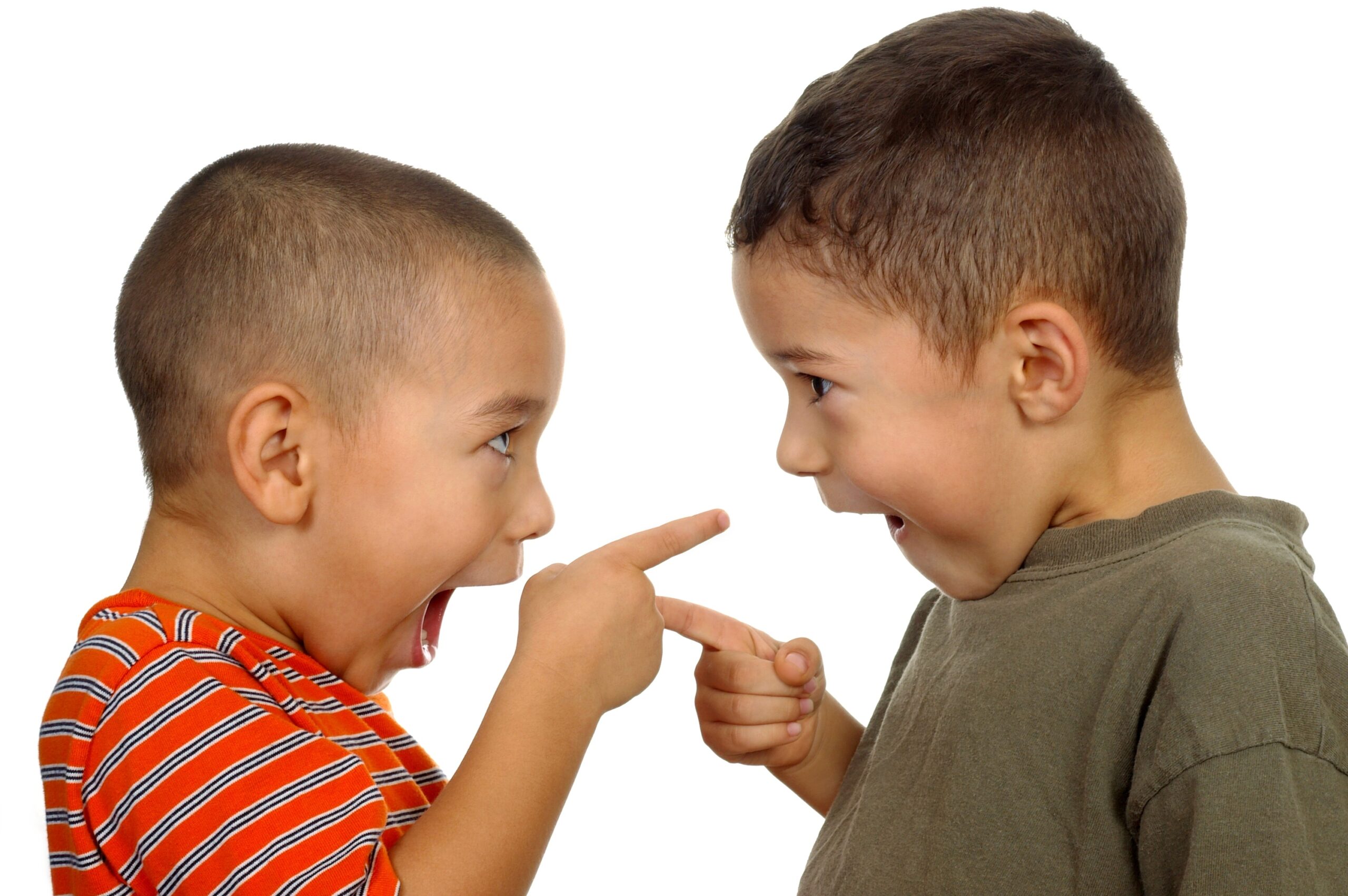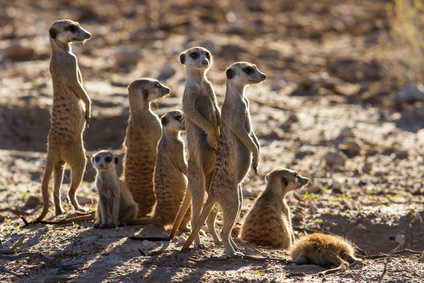Do you know what this thing is called?
Hint, it’s not called that thing above the 7.
While it represents the word and, technically, it’s not called and or even the and symbol (although, you could call it that, and people would probably know exactly what you mean). This thing has an actual name. If you watch Wheel of Fortune (or if you’re one of those generally well-informed individuals) you may already know what that name is…
Pat, I’ll take an ampersand…
Technically, no one on Wheel of Fortune ever buys an ampersand…it’s a given.
Now, for the second question: Do you know why it’s called ampersand?
No, not because some printer by the name of Amper invented it (it’s not Amper’s and, although that explanation does sound plausible). And that brings us to the crux of this article.
In fact, its name has a lot to do with how spoken words are heard and/or misheard…it’s a mondegreen.
Say what?
Yes, the word ampersand is a mondegreen! Here’s Merriam-Websteren’s entry for ampersand:
noun am·per·sand \ ˈam-pər-ˌsand \ : a character typically & standing for the word and
Despite appearances, the history of ampersand owes nothing to amp or sand. The familiar character & derives from a symbol that was used in place of the Latin word et, which also means “and.” In the late Middle Ages, single letters used as words-words like I-were, when spelled, incorporated into a phrase that clarified that they were in fact individual words. For I the phrase was I per se, I, which in Latin means I by itself (is the word) I. In early lists of the alphabet, Z was followed by the symbol &, which was rendered & per se, and, meaning “& by itself (is the word) and.” Over the years, that phrase (which when spoken aloud was pronounced “and per se and”) was shortened by English speakers to ampersand. (https://www.merriam-webster.com/dictionary/ampersand)
When you think about the way modern-day school children recite the English alphabet, this makes perfect sense. Remember how you used to turn the innocent letters L-M-N-O-P into the inscrutable word elemenopea? In a similar way, over time, the slurred-together spoken phrase “and per se, and” became a word unto itself, ampersand. Aren’t words the best?





